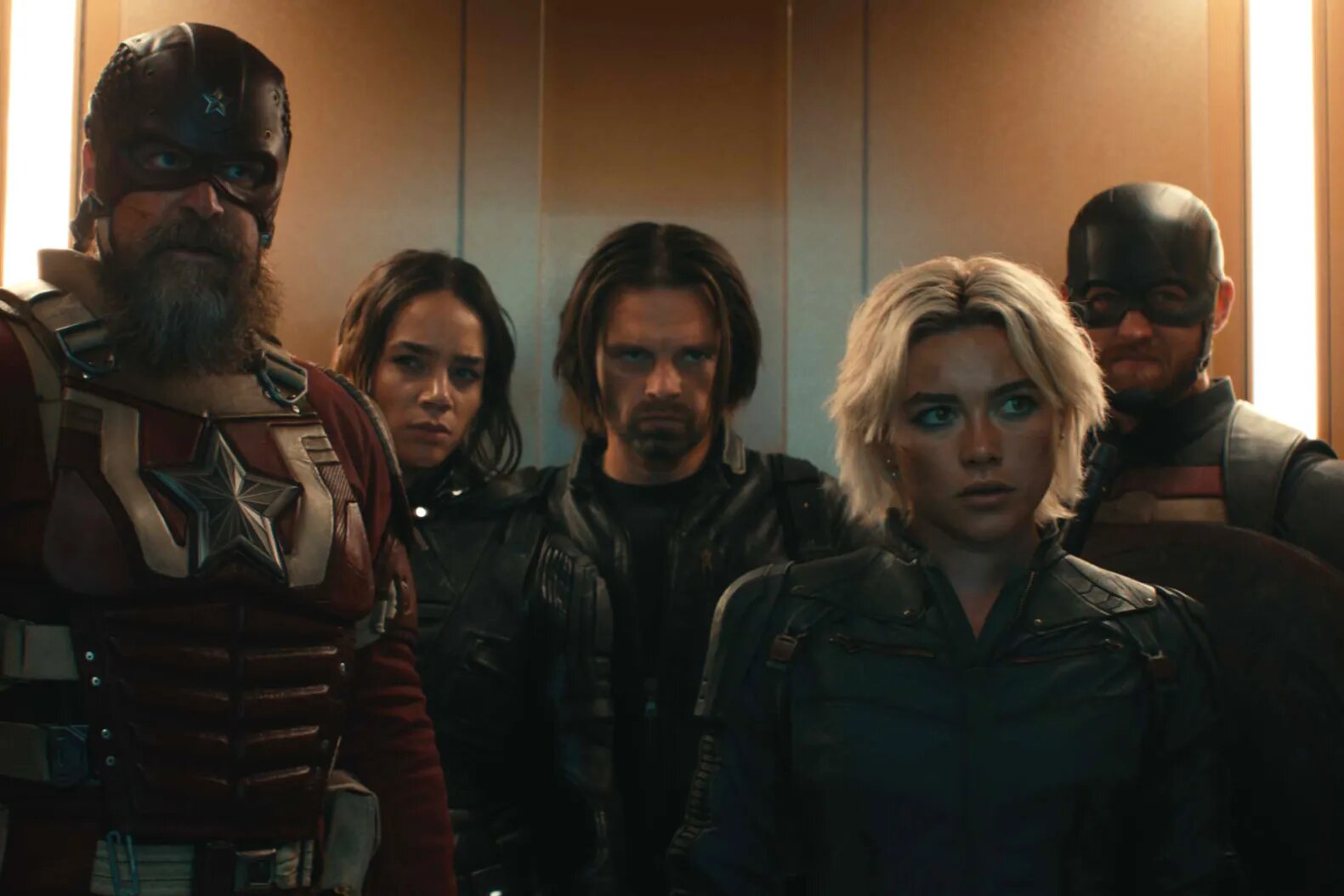Cartoonist Shin Il-sook, who also serves as president of Korea Cartoonist Association (KCA), poses during a recent interview with The Korea Times at a cafe in Goyang, Gyeonggi Province. Korea Times photo by Baek Byung-yeul Korea Cartoonist Association plans to launch Academy Awards-like ceremony By Baek Byung-yeul The landscape of Korean comics, once overshadowed by Japanese manga, has undergone a significant transformation. Since the 2000s, the rise of webtoons — digital platforms for illustrated storytelling — has allowed Korean comics, now widely known by the native term "manhwa," to establish a distinct identity on the global stage.
Shin Il-sook, the first female president of the Korea Cartoonist Association, is a pivotal figure in this evolving genre. In an era where illustrated storytelling is enjoyed not just in print but also online via mobile devices and PCs, her leadership marks a significant moment in the industry's transformation. A seasoned cartoonist renowned for her popular manhwa such as "Four Daughters of Armian" and "Lineage," Shin expressed profound respect for her fellow Korean cartoonists.

She acknowledged the dedicated efforts of both the artists and industry officials who support and promote their work. History of Korean manhwa "Before the 2000s, Korean manhwa creators faced severe persecution, with comics being labeled as harmful media negatively influencing youth. However, I believe the country's recent manhwa scene is finding its own path, strongly asserting its presence in the global market through online platforms," the president told The Korea Times in a recent interview.
The Korean comic market initially suffered due to a negative perception of manhwa, exacerbated when the government permitted the import of Japanese pop culture in 1998, flooding the market with Japanese manga. However, the advent of online comic platforms on portal sites like Naver and Daum in the early 2000s provided a new space for cartoonists to showcase their work, leading to a resurgence in the industry. "In the late 1990s, when many Japanese comics were officially imported into the Korean market, Korea's manhwa lost its identity.
The Korean comic market, which had been centered around comic magazines, literally collapsed, and many cartoonists became unemployed. It seemed like the era of comics was ending, but it began to revive through digital comics," Shin said. Reflecting on the past 20 years of Korea's comic scene, she observed that cartoonists were compelled to adapt to the online platform market, a transition that, paradoxically, enabled a greater number of artists to establish a presence on the global stage.
"The recent listing of Webtoon Entertainment, which operates Naver Webtoon, on the U.S. Nasdaq stock market (in June), was possible because Korea has uniquely expanded the webtoon market the most," Shin said.
"Seeing how Korea's comic scene has grown significantly without much government support or external help, I think it shows how much Koreans love comics. It seems Koreans have great manual dexterity and a strong desire for creation." Seen is a page from cartoonist Shin Il-sook’s fantasy comic, “Four Daughters of Armian.
” Captured from Gobooky Books Need for awards Elaborating on the association's purpose, the president explained that it exists to advocate for the rights and interests of local cartoonists. She noted that many cartoonists and industry professionals still lack the recognition they deserve. She pointed out the working conditions of cartoonists, especially the grueling schedules many endure, often working over 10 hours a day.
"Many cartoonists struggle with health issues. In the webtoon era, it has become easier for cartoonists to debut. All they need is talent.
However, producing one episode per week is not easy. Korean and Japanese authors manage these grueling schedules, but there aren't many authors in the West who can produce one episode per week," she said. The Korea Creative Content Agency surveyed 710 active cartoonists in 2021 and found that webtoon creators spend an average of 10.
5 hours per day and 5.9 days a week on their craft. Notably, 40.
9 percent of these creators work 12 hours or more each day, and 36.6 percent reported working seven days a week. To ease the challenges faced by cartoonists, the association has negotiated with webtoon platforms to extend the paid break period for creators from one week to two weeks annually, effective this year.
"We're gradually paying more attention to the health of our cartoonists. Just being able to take two weeks off a year gives them much-needed breathing room," Shin said. To shed more light on the industry, the association is planning to establish an awards ceremony to recognize outstanding achievements in comics, akin to the Academy Awards.
Tentatively named the Korea Manhwa Award, this event is expected to take place on November 3rd next year, aligning with the government-designated Manhwa Day, which commemorates a 1996 rally by cartoonists advocating for the abolition of comic book censorship. "As the president, my goal is to create manhwa awards like the Academy Awards. We need an award that encompasses all platforms, giving awards to popular authors, discerning webtoon editors and platforms that achieve excellent results," Shin said.
"We aim to finalize the details of the awards, categories and prize money by the end of this year." Veteran artists' advantage Debuting in 1984, Shin is a cartoonist from the print era. However, she has continued to captivate audiences across generations with her 2017 webtoon "Kaya," showcasing her exceptional art and storytelling skills.
The cover of cartoonist Shin Il-sook’s webtoon or online comic “Kaya” / Captured from Kakao Page On Kakao Page, a webtoon and web novel platform of Kakao Entertainment, "Kaya" has garnered over 28 million views, highlighting Shin's enduring appeal and success in the digital age. Shin believes that drawing manhwa with a pen is fundamentally the same as creating webtoons with digital tools, asserting that the essence of creating compelling work remains constant despite technological shifts. She emphasizes that good stories can captivate readers in any era.
"You can think of it as just changing equipment," Shin said. "Although the tools have changed, the act of drawing remains the same. The essence of creating art is still important, and you don't need to be an expert in digital tools right away.
You can learn them step by step." She added, "Even in the webtoon era, good works are not overlooked. There are just good works and not-so-good works.
The difference is through which platform readers view them, but the emotions they feel remain the same." While serving as the president of the cartoonists' organization, Shin is working on her next project, which, like many of her past works, is inspired by her dreams. "I get my motives from dreams I actually have.
'Four Daughters of Armian' was also inspired by a dream and the next work I'm formulating is closer to a version of a dream I had before drawing 'Armian,'" she said, adding that her next work will also be a manhwa with a narrative set in a fantasy background. She encouraged aspiring cartoonists to prioritize originality, saying that showing their unique world to readers is the most important thing. "Young people might believe that becoming a popular cartoonist and making a lot of money is the ultimate goal, because they are often short on funds," Shin said.
"However, I believe the most important value for succeeding as a cartoonist is to challenge yourself to create exceptional works that reflect your unique universe, thereby influencing readers." Who is Shin Il-sook? Born in 1961, Shin Il-sook debuted in 1984 with the fantasy manhwa "Princess of the Lion." Since then, she has published a series of hit comics featuring strong women facing their destinies in fantasy settings, which were uncommon in girl's comics back then.
Shin published "Four Daughters of Armian," her biggest hit and what she considers her most valuable work, in 1986 and completed it in 1996. This fantasy manhwa, often abbreviated as "A4" by fans, chronicles the life journeys of four princesses in the fictional kingdom of Armian. She published "Lineage" in 1993, which was also made into a popular online role-playing game, and in 2017, she published the webtoon, "Kaya," proving her unwavering popularity in the digital age.
Shin was appointed president of the Korea Cartoonist Association in January 2020 and began her second term in 2023, which will continue until January 2026..




















